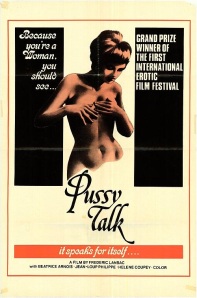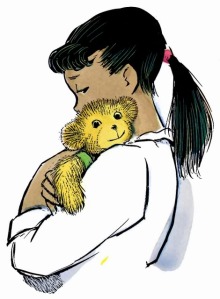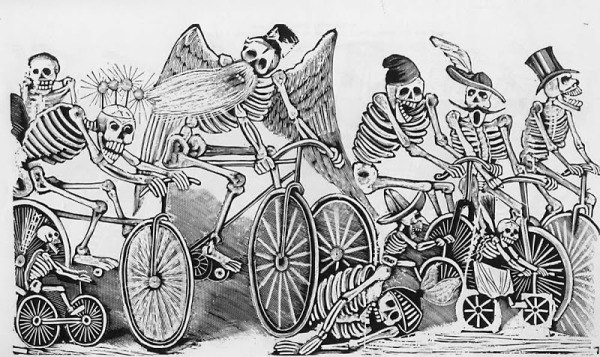
By Helen Mo
Walking down St. George Street, the backbone of the University of Toronto’s downtown campus, is to weave through a cacophony of other people’s conversations. The intensity of academic debate, bursts of late-adolescent emotion, greetings arcing across your path—such is the soundscape of an urban campus.
Somewhere below the threshold of conscious thought you register the clouds of speech while passing through them. People’s mouths move and make meaning only if you share their tongue. Inflections and speech patterns send up flags: foreign; intriguing; friend material. Visual cues hint at who we are. The rest is clinched when we open our mouths.
Arriving in Chinese class, I am singular on the inside. I was a teacher before most of my classmates started high school. Many commute from family homes in the suburbs; my parental home is long behind me. The class is “beginner Chinese for speakers with prior background.” We were all once imprinted with a Chinese dialect, to varying degrees and for varying durations, and so our learning is as much excavation as acquisition. We are mostly Chinese. To the casual observer passing by the classroom we are a roomful of dark-haired and dark-eyed people, chiming the same melodic Mandarin phrases after our dark-haired, dark-eyed professor. To the casual observer we are perhaps alike.
As soon as we open our mouths to speak, we give ourselves away. Our exteriors conceal assorted dialects, accents, grammatical misapprehensions, migration histories, and affinities. Through mouths accustomed to Cantonese, English, French, or Spanish, Mandarin phonemes tumble out, off-key and misshapen. Some of us struggle to understand teaching assistants who are not from Canada but from an Elsewhere (China, we assume). We are told that the teaching assistant from Beijing will have the most correct pronunciation; we nod mutely. We run off to various departments and peer groups and futures. On the inside we each contain multitudes.
Released into the campus we are Asians melting into other Asians, I look at people who look like me and am disoriented by our sameness – I haven’t been surrounded by others of my ethnicity for years. It’s tempting to ask someone not-Asian: “What does it feel like to walk among us? Do we appear as alike to you as we appear to me?”
Somewhere below the threshold of conscious thought a new layer of the campus soundscape is resolving out of white noise with the coming spring. In September I passed uncomprehending through clusters of Mandarin speakers; now their words grow decipherable by degrees. It is a revelation, something that has been there all along and feels miraculous.
Walking down St. George Street is an exercise in aural archaeology. Weaving through linguistic microclimates, I sift through drifts of language for something comprehensible, for the emotion and urgency that animate all our tongues. We trespass on rich and singular worlds daily.

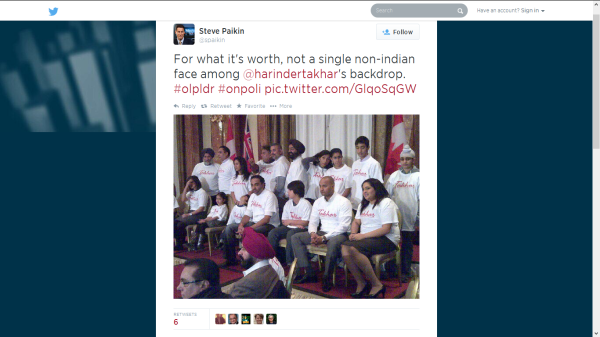
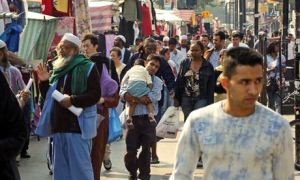 by Sam Tecle
by Sam Tecle